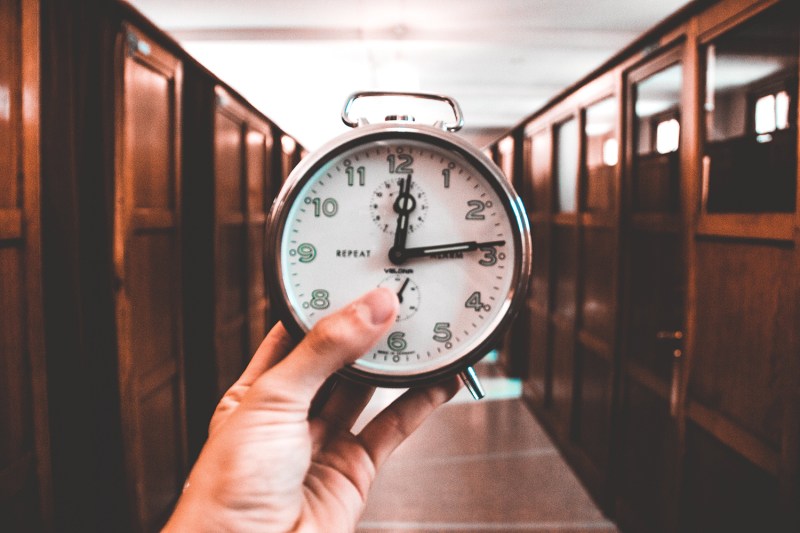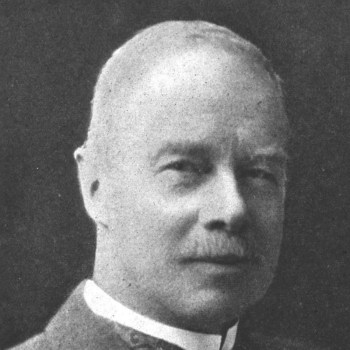Much like the appendix, the paper ballot, and the cable box, Daylight Saving Time is a concept grounded in reason but no longer of much practical use to anyone.
It is, however, a source of immense annoyance and confusion to many. And to those of you soon relegated to spending every one of the few sunlit hours of the late autumn and winter weekdays stuck inside, it just pretty much sucks. As Benjamin Franklin said, “Those who would trade one hour of sleep for months of living like damn vampires deserve neither liberty nor nice linens.”
OK, Franklin probably didn’t say that.
In fact, contrary to popular misconception, he never said anything about Daylight Saving Time at all. Ol’ Ben did, however, make some satirical quips to some Parisians about how they could save money spent on candles by merely waking up earlier and going to sleep earlier.
“An immense sum! That the city of Paris might save every year, by the economy of using sunshine instead of candles.”
– Benjamin Franklin did say this
To clear up another common misconception, Daylight Saving Time was not commenced to help farmers. It was simply intended to give everyone a bit more time to enjoy the daylight hours. In fact, many farmers (particularly those dealing with livestock) were initially quite opposed to the annual time shifts, as it disrupted previously established schedules.

The logic behind Daylight Saving Time is this: Most people are asleep in the early morning when the sun rises. Most people are still awake in the evening when the sun sets. So, if that sunset comes a bit later relative to the hour of the day that we all recognize and follow (the 9-to-5 life schedule, in short), we will all have a bit more time to do things — ideally to go spend money, at least in the eyes of the government.
Daylight Savings Time 2029
- Sunday, March 10: Lose one hour
- Sunday, November 3: Gain one hour
But hey, guess what? That extra hour has to come from somewhere, and it’s called: the rest of the year! While much of the spring, summer, and fall enjoy extra light, the colder months are that much darker thanks to Daylight Saving Time. During the winter, most of us are still asleep at the even earlier sunrise and not even out of work (or school or up off of our mustard- and wined-stained couch) yet when darkness arrives in the middle of the damn afternoon.
So, if it wasn’t Benjamin Franklin who brought this darkness upon us, whose idea was Daylight Saving Time, anyway?

Just ask New Zealander George Hudson, “Why does Daylight Saving Time exist?” But don’t wait too long for an answer, for this die-hard entomology enthusiast passed away in the 1940s. When not working at the post office by day, Hudson collected insects in the afternoons. At some point, he realized that if the clock shifted periodically to allow for more day-lit hours in the afternoon, he would have more time to collect bugs after work. So he wrote a proposal covering how to change the hour to make the most of the sunlight and presented it to a philosophical society in Wellington, New Zealand. And yes, that really is the forbearance of modern Daylight Saving Time — a guy who wanted to collect more bugs. (He was also involved in some Antarctic exploration and was probably a fine gentleman, all things considered.)
During the 20th century, Daylight Saving Time was adopted and dropped several times by many nations, finally being cemented in place by the energy crisis of the 1970s.
During World War I, many of the warring nations adopted Daylight Saving Time to reduce the consumption of the precious commodity that was coal. Russia and America did not adopt the Daylight Saving Time shift until 1917 and 1918, respectively, though no “Hey, where are the Germans and/or Austro-Hungarians?” situations seemed to arise as armies stood there comically checking their watches and looking for enemies to fight.
During the 20th century, Daylight Saving Time was adopted and dropped several times by many nations, finally being cemented in place by the energy crisis of the 1970s, the same decade that gave us Neil Patrick Harris and Star Wars — so it wasn’t all bad.
As for Daylight Saving Time 2019, be prepared to lose an hour of sleep come 2:00 a.m. on Sunday, March 10. Thanks a lot, bug guy.
Article originally published October 2016.



